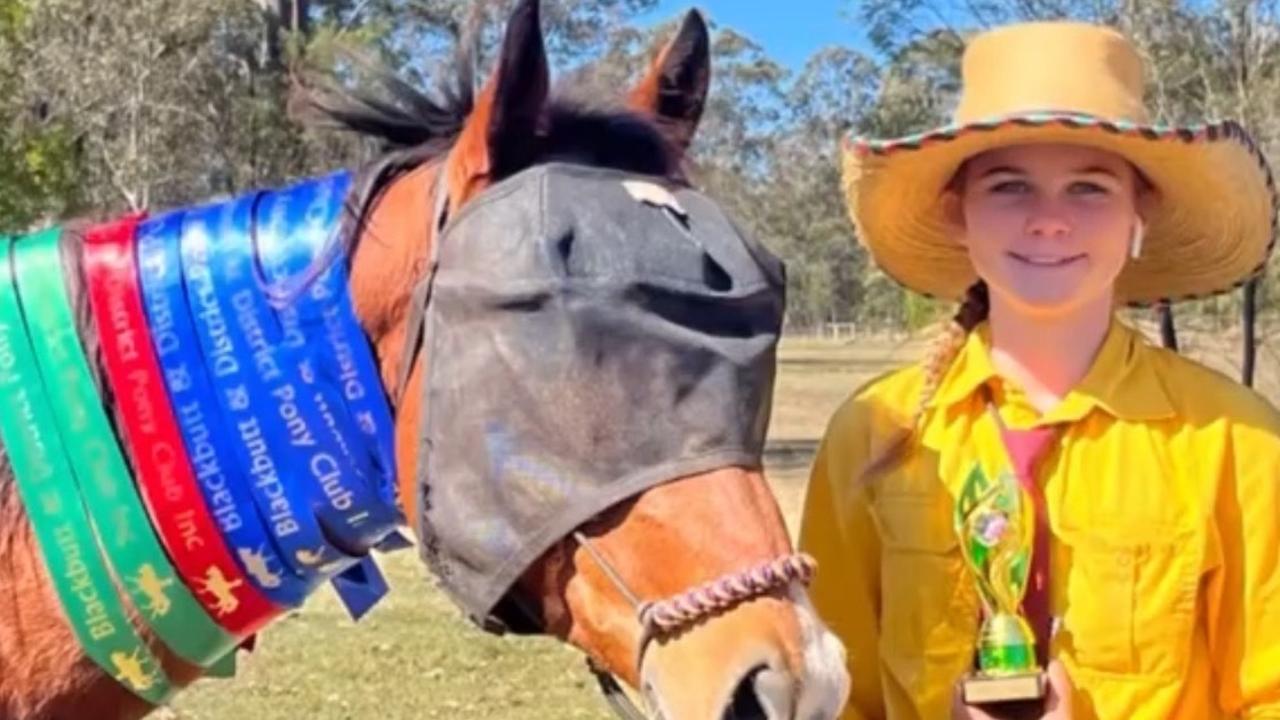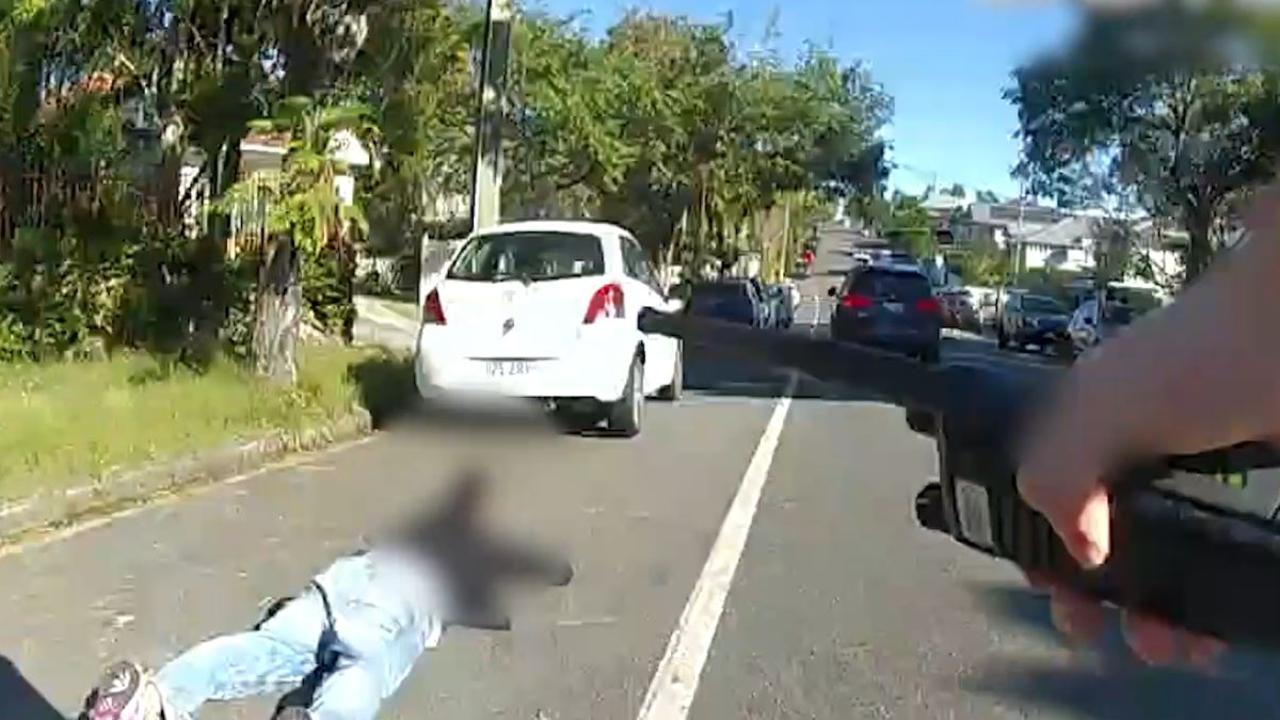Introduction of Firearm Prohibition Orders gives Queensland Police more power over searches
Controversial firearm prohibition orders have been introduced and an amendment related to the Wieambilla murders have been made to Qld gun laws under the new Community Safety Bill.

QLD News
Don't miss out on the headlines from QLD News. Followed categories will be added to My News.
The murders of two police officers and a civilian have directly led to one of Queensland’s gun laws being altered under the recently approved Community Safety Bill.
State Minister for Police and Community Safety, Mark Ryan, said firearm dealers in Queensland were now required to perform an online Weapons License Card Status Check on anyone wanting to buy small arms ammunition, in addition to existing rules.
“As a result of recent tragedies in Queensland, we have acted and Queensland now requires a firearm dealer to electronically verify the hard copy weapons license presented to them, to check that it has not been cancelled or suspended and is otherwise still valid, prior to selling any ammunition,” he said.
“But, to respect people’s privacy, it will only come up with a tick or a cross.”
If the electronic check shows the license has been suspended or cancelled, dealers can be penalised if they sell ammunition to that person.
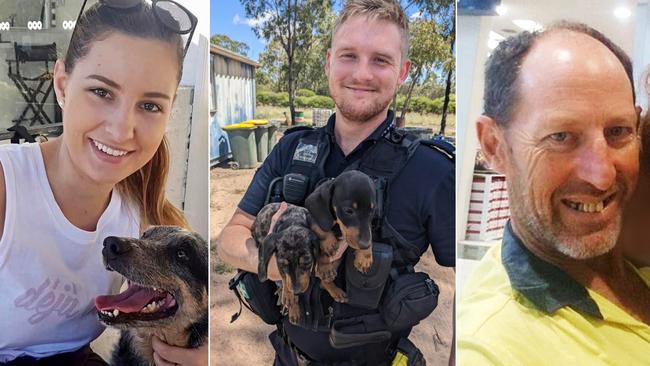
Speaking prior to Queensland’s October 26 election, Mr Ryan, 41, said New South Wales was the only other state to have an online option to vet the validity of a weapons licenses, but Queensland was the first nationally to make the checks a legal requirement.
“We’re the first state in Australia to (make it law), and I expect that, as part of bringing a national firearms register into play, all states will adopt Queensland’s lead,” he said.
“The basic law of Australia, essentially, is you only have to show the hard copy weapons license when you go into a dealer to buy ammunition.
“If, for whatever reason, your license has been cancelled or suspended, but you have not handed in your hard copy yet, you still could go into a dealers shop (and buy ammunition).”
Mr Ryan, who is also the State Member for Morayfield, said the amendment to the Explosives Act 1999 came about “because of the conversations that flowed from the recent tragedies” in 2022, particularly the premeditated murders of two Queensland Police officers and a civilian in the Western Downs.
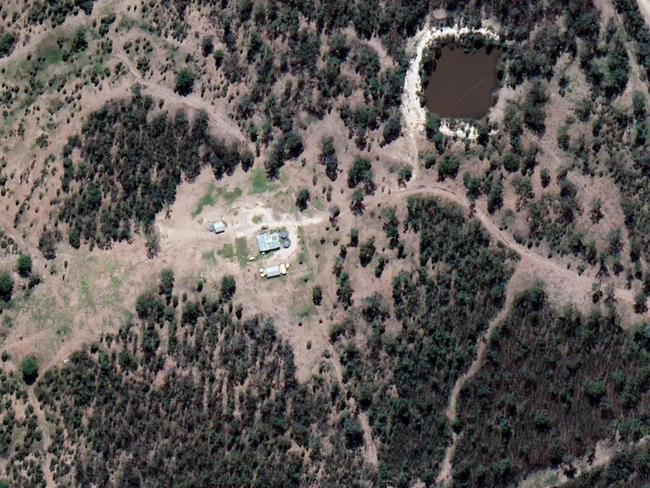
Constables Rachel McCrow, 29, and Matthew Arnold, 26, were ambushed and killed by members of the Train family – brothers Nathaniel and Gareth and his wife, Stacey – at 251 Wains Rd, Wieambilla, on December 12, 2022.
A neighbour, Alan Dare, 58, was also murdered by one of the Trains.
The officers had gone to the 100-acre property to search for Nathaniel Train, who had been reported missing in NSW.
The three family members were killed later that night in a gunfight with specialist police.
Findings from an inquest into the Wieambilla deaths, held in Brisbane earlier this year, are yet to be handed down.
Coroner Terry Ryan will consider several issues raised at the 5-week inquiry, including the family’s source of firearms and ammunition.
He will also look at Nathaniel Train’s illegal entry into Queensland during the Covid-19 pandemic’s state border closure in December, 2021, as well as what information NSW Police provided to QPS concerning the missing person’s report on the former school principal.
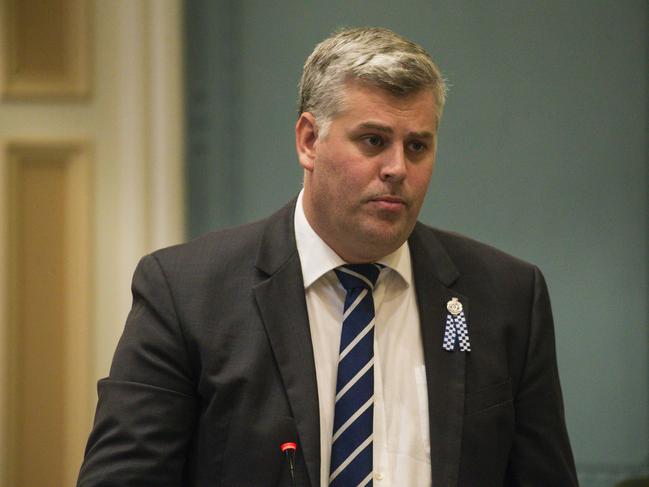
The Federal Government has since approved the creation of a National Firearms Register following renewed calls for one after the Wieambilla murders and another, separate high profile shooting months prior in another part of the state.
The register is anticipated to be ready by 2028.
Despite opposition from various organisations, a new Firearms Prohibition Order (FPO) law – designed to help reduce the number of illegal firearms in the community – was also introduced as part of the Community Safety Bill 2024, which was passed in state parliament on August 22.
The police minister said the Bill was a comprehensive reform package with all elements aimed at enhancing public safety, though some community groups had expressed concerns over some of the changes, particularly with regards to weapons licensing laws.
The FPO scheme prohibits a high-risk individual subject to the order from possessing, using or acquiring a firearm or firearm related item, and gives police power to search their homes or cars for illicit weapons at random without a search warrant.
“A high risk individual is someone who might be involved in (something like an) outlaw motorcycle gang activity, or suspected of possible terrorism activity or a high risk domestic violent offender,” Mr Ryan said.
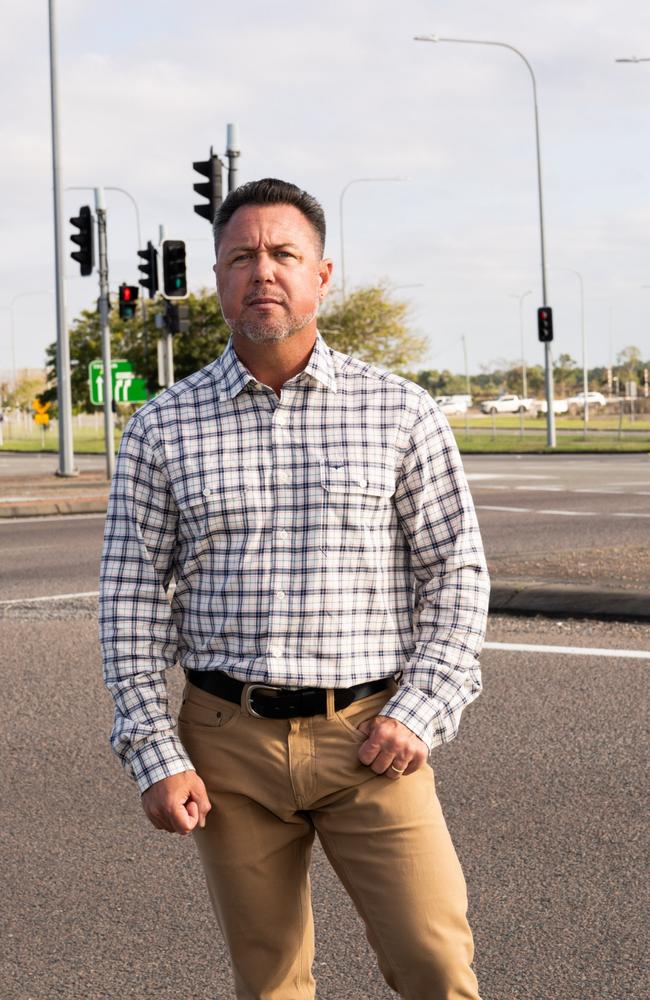
“It focuses on a very narrow cohort, but it allows police additional powers to help locate firearms that may be in the possession of these people unlawfully.
“It’s already an offence to be in possession of a firearm unlawfully. … The police will have evidence that a person is high risk and is suspected of being in illicit possession of weapons.
“They will then will go through the process of having an FPO put on that person.”
Mr Ryan, who has been pushing for FPO’s since at least 2019, said their introduction was “necessary to bring Queensland in line with other jurisdictions.”
“A lot of other states have had firearm prohibition orders before us. One of the compelling reasons why I pushed ahead with bringing a prohibition law is that argument about national consistency,” he said.
“The scheme is a great proactive measure for police, but it also has a huge deterrent impact because the penalties are quite significant.
“If you have an FPO, you run the risk of going to jail for a long time if you’re found with illicit weapons.”
Among those who opposed the introduction of FPO’s was deputy leader of Katter’s Australian Party, Nick Dametto, who expressed concerns the scheme could be misused.
“Firstly we opposed them, (as they were) part of the Community Safety Bill, which we opposed in full, because we believe it encroached on the rights of licensed firearm owners,” he said.
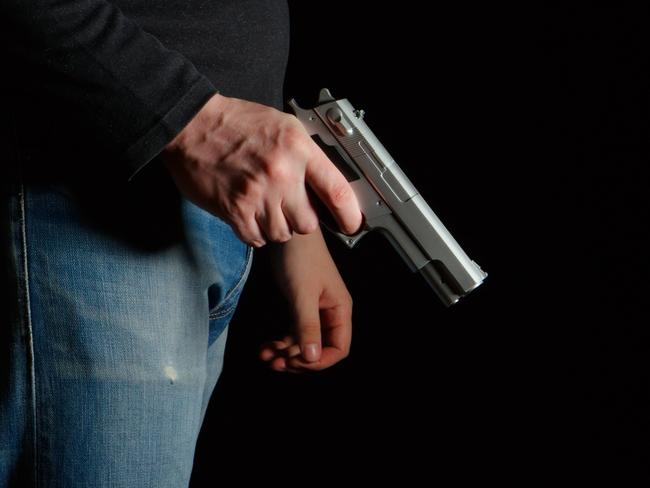
“The reality is, you may have a police officer or a police commissioner use the legislation in a way that’s overzealous or by targeting a person or group of people, which would be misusing a firearm prohibition order.”
Mr Dametto, 41, of Townsville, said part of the concern was ensuring the wording of the legislation was not too broad.
“Once (something is) a law, it’s up to interpretation for those wanting to prosecute that law.” he said.
“And it’s up to the defendant to defend themselves in court.”
The State Member for Hinchinbrook also questioned how firearm prohibition orders would be beneficial for Queenslanders.
“Where’s the evidence to suggest introducing this piece of legislation is going to make the community safer?” he said.
But Mr Ryan said FPO legislation was not aimed at law-abiding firearm owners, and that the Queensland version was “the most robust and transparent scheme in the nation.”
One way the law differs to other states, is that while a person can be placed under an initial FPO for 60 days, a court order is then needed to extend it for up to a decade.
“Having a court involved is a very important part,” the police minister said.
“In other states, police can get an FPO without a court order for up to 10 years.
“It’s important that our community has confidence in the use of police powers.”

